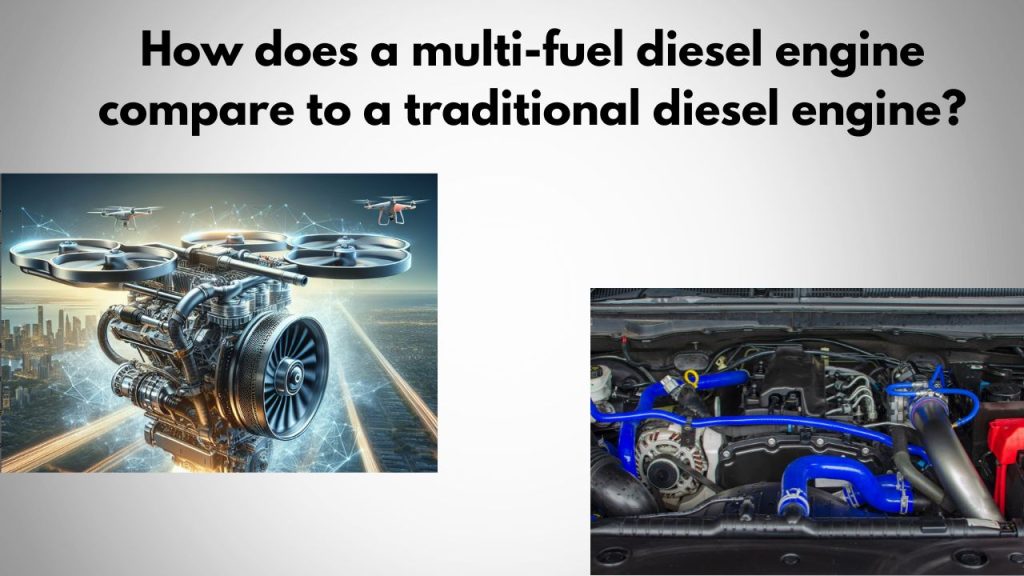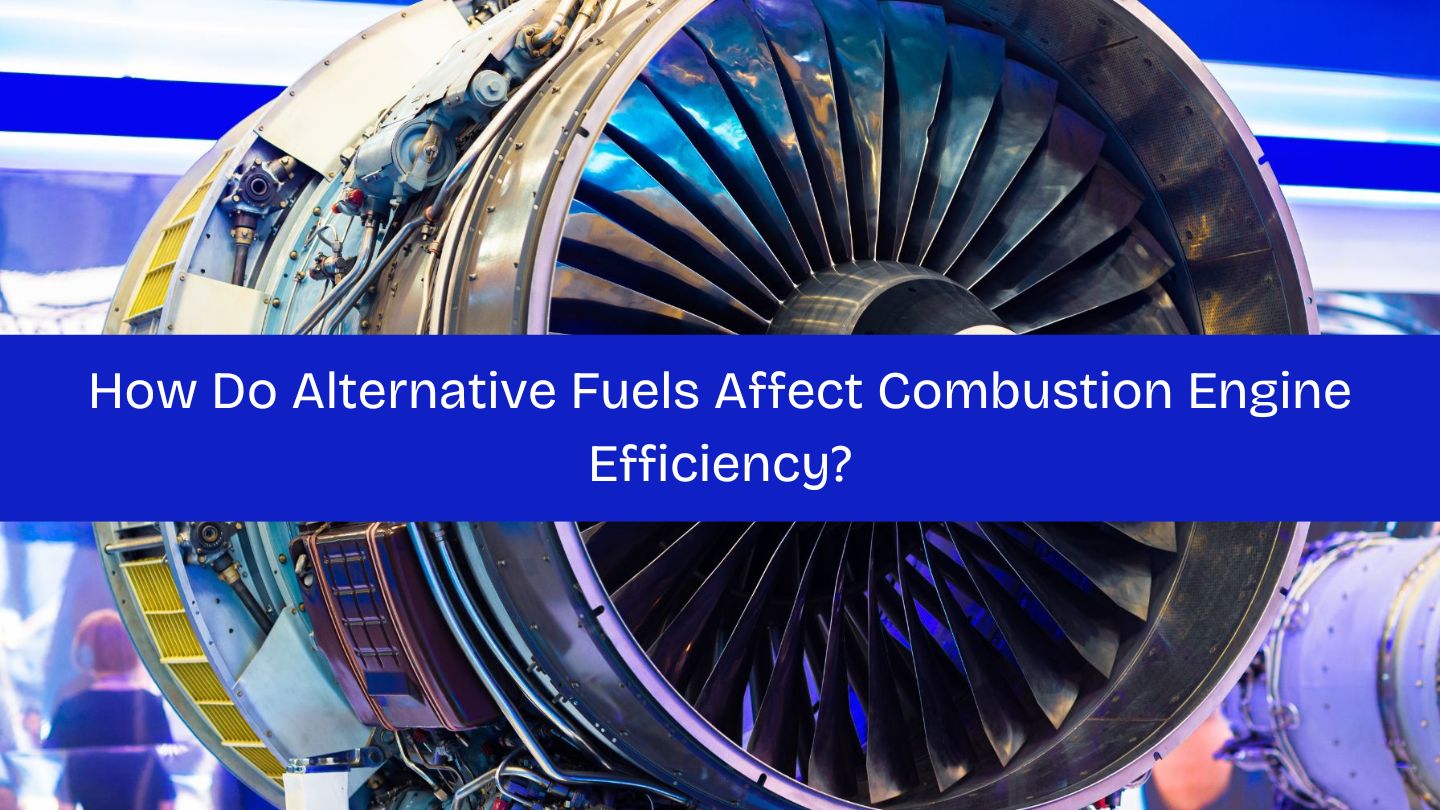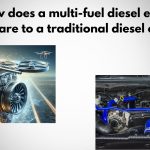- March 6, 2025
- Automotive Technology
- Posted by admin
- Comments Off on Interview of Mr David J Haley CV Global Ahiravata Motor powered by CV Motion Technology!
A talk with key Player David J Haley , in development of CV engine
Career Summary
David J. Haley, PE
I am a Mechanical Engineer with over 50 years experience in industry, research, development, consulting, contracting, construction and public service.
I received an Associate Degree in mechanical engineering and industrial management in 1958 (double major) from Southern Technical Institute.
I received a Bachelor Degree in mechanical engineering in 1965 from University of Florida (five year curriculum).
I received my Professional Engineer license in 1974 from Florida and subsequently six other states.
I am also a Board Certified Forensic Engineer since 1993 with life status.
I have maintained Continuing Education requirements for all seven states. Including enrolment in six Universities with graduate work in tertiary phase diagrams, advanced graphics, advanced machine design, finite element analysis, advanced calculus and correspondence courses to date.
I have three product and process related Patents and many disclosures pending.
I am a Professional Consulting Engineer and Engineer of Record for many Corporations and countless projects.
I have worked for or consulted for many public corporations such as Eastman Kodak Monsanto, Becton Dickinson, Tropicana, Hazen and Sawyer Engineering, Triangle Manufacturing (sold to Campbell Soup), Johnson and Johnson and others.
I have worked for or been active in many public service entities such as City Engineer, Director of Public Works, C,P,D of St Stephens School (private K-12 college preparatory). C,P,D of FREE Charter Schools (six, public K-12) and Vice Chair, Commissioner of Durham Housing Authority.
I am the largest shareholder in CV Global, Inc and served as its President from
inception to 2017. I am still active in the development of its technology.
- February 21, 2025
- Automotive Technology
- Posted by admin
- Comments Off on How does a Multi-Fuel Diesel Engine Compare to a Traditional Diesel Engine?
Diesel engines are the backbone of industrial machinery, transportation, and power generation. As the demand for energy-efficient and multi-fuel solutions grows, multi-fuel diesel engines have become a strong alternative to the conventional diesel engines. These engines are a game-changing in the engine industry , thanks to their flexibility, efficiency, and adaptability. A multi-fuel diesel engine system is gaining traction in various fields for the reason that an alternative to fossil fuels can save money on natural gas, while reducing pollution to the environment.
 Multi-Fuel Diesel Engines Explained
Multi-Fuel Diesel Engines Explained Multi-fuel diesel engines can run different types of fuel such as diesel, biodiesel, kerosene, natural gas, and also ethanol blends. This flexibility enables the engine to perform well in different conditions, making it appropriate for military, agriculture, and industrial usage where fuel supply might be inconsistent.
Multi-Fuel Diesel Engine vs Traditional Diesel Engines Fuel Flexibility Multi-Fuel Diesel Engine:The primary benefit of a multi-fuel diesel engine is that it could operate on different types of fuel. That enables them to keep running, even if a particular fuel is short.
Conventional Diesel Engine:Cited as a fuel-fed engine, making it less so adaptable in areas where the fuel feed may be limited or the price of fuel is temporarily out of control.
Efficiency and Performance Multi-Fuel Diesel Engine:This type of engine is designed to utilize the different types of fuel,s enhancing combustion according to it to achieve maximum efficiency.
Conventional (ordinary) Diesel Engine:Diesel engines are well-designed as they have high efficiency, but they cannot be adapted to alternative fuels.
Environmental Impact Multi-Fuel Diesel Engine:These engines enable emission-free biodiesel and natural gas, which results in less carbon footprint and lower emissions.
Conventional Diesel Engine:Carbon emission is comparatively higher in traditional diesel engines, particularly when poor quality diesel fuels are used.
Maintenance and Longevity Multi-Fuel Diesel Engine:It needs an advanced fuel management system to deal with various fuels, which could also result in somewhat higher maintenance costs.
Conventional Diesel Engine:Easier to maintain in general, as it is engineered for one fuel type.
Cost Considerations Multi-fuel engine:Switching fuel type can lead to savings if the most economical fuel is used.
Traditional Diesel Engine:You are relying on just one kind of fuel to power things, and in a market where diesel prices fluctuate, your operating cost could potentially be higher than an electric engine.
The Future of Multi-Fuel Diesel EnginesA recent shift in the global energy system toward sustainable and more energy-efficient technologies has drive the increasing demand for engines that can operate on a range of fuel sources. The Industrial Multi-fuel diesel engine is a sustainable and cost-effective power generation solution for various industries.
In addition, with the world moving towards more hybrid and electric solutions, the combination of the multi-fuel technology and hybrid engine systems is also gaining traction. A fleet with multi-fuel capabilities becomes attractive to businesses searching for a robust hybrid engine supplier, because it provides operational resilience and efficiency.
Ahiravata – A Robust Hybrid Engine SupplierAs the leader in advanced hybrid engine solutions using new-age multi-fuel technology, Ahiravata takes center stage. Ahiravata, a robust hybrid engine supplier, provides cutting-edge, fuel-efficient, and ecologically friendly engine systems to multiple industries. Ahiravata from the House of Mahindra is here to offer just that with best-in-class hybrid powertrains or multi-fuel diesel engines covering your every transportation needs.
Industries can curb dependence on fuel, reduce emissions and improve overall efficiency with multi-fuel diesel engines or hybrid power systems. Ahiravata is paving the way for the future of engine tech!
- February 6, 2025
- Automotive Technology
- Posted by admin
- Comments Off on How Do Alternative Fuels Affect Combustion Engine Efficiency?
Ongoing pursuit towards sustainable energy has given birth to new age alternative fuels, especially for internal combustion engines. Various cleaner and more efficient alternatives for the dreaded ICE exist, like hydrogen and biofuels, as well as hybrid sludge. As they all burn differently, you can see how they would affect performance, emissions levels, and long-term sustainability of combustion engine use.
 A Guide to Alternative Fuels
A Guide to Alternative Fuels Besides, alternative fuels are non-conventional sources of energy, which can replace the petroleum fuels. Such fuels range from hydrogen to ethanol, biodiesel, and compressed natural gas (CNG) to electricity-assisted hybrid systems. Each one of these fuels behaves a little differently, impacting how well an engine performs.
Hydrogen Combustion Engine: The Future of Clean EnergyCombustion engines using hydrogen have received interest due to their ability to achieve near-zero tailpipe emissions and a high energy conversion efficiency. Unlike conventional gasoline engines, which depend on carbon-based fuels, hydrogen combustion engines use hydrogen gas as the main fuel.
The major advantages of hydrogen combustion can be summarized as follows: Greater Efficiency –Hydrogen is more efficient than gasoline as it can generate more power for every unit of fuel burned.
Lower Emissions –Hydrogen combustion produces mostly water vapor, reducing or completely eliminating the emissions of carbon dioxide, which is the biggest culprit in climate change, hence hydrogen is a cleaner fuel.
Improved Fuel Economy –Hydrogen combustion engines often yield better mileage compared to traditional combustible fuels because hydrogen has a greater fuel energy-to-output conversion rate.
Despite the supporting policy landscape, challenges including hydrogen storage, distribution, and refueling infrastructure remain barriers to widespread adoption.
Hybrid Motors: The Best of Both WorldsHybrid engines enhance fuel efficiency and lower emissions by combining conventional internal combustion engines with electric propulsion systems. Being a trusted manufacturer of hybrid engine dealers, Ahiravata has witnessed a spike in demand for hybrid solutions as they have far more benefits when compared to normal combustion engines:
Better Fuel Efficiency –Since hybrid engines utilize electric power at low speed operations, they consume less fuel.
Decreased Carbon Footprint –Electric power can eliminate fossil fuel reliance, decreasing harmful emissions.
Regenerative Braking –Hybrid cars use kinetic energy from braking to recharge their batteries, leading to additional efficiency gains.
Enhanced Power Delivery —Modern hybrid engines adjust the powertrain as a unit to switch between electric and fuel power effortlessly, optimizing vehicle performance.
Challenges of Alternative Fuels AdoptionDespite the benefits of alternative fuels, there are a number of challenges that impede their uptake:
Infrastructure Development –Hydrogen and electric charging stations are relatively infrequent compared to legacy refueling stations.
Upfront Cost –Alternative fuel vehicles generally have a higher initial cost.
Fuel storage and transportation –Some fuels like hydrogen will need extra specialized storage and handling to be safe and effective.
Technological Adaptation –Internal combustion engines optimized for gasoline require reengineering for cleanliness on other fuels.
Alternative Fuel Technologies in the FutureAlternative Fuels, as the world moves to sustainable, will define the future of the automotive world. To overcome this, hydrogen combustion engines and hybrid vehicles have been making waves in the auto industry, offering cleaner and greener alternatives that help reduce emissions while meeting consumer demands for mobility.
At the forefront of this transformation is Ahiravata, a trusted Hybrid engine dealer that provides advanced hybrid and alternative fuel-powered engine solutions. Adopting these technologies will lead us closer to a low-emission, high-efficiency, and sustainable future.





